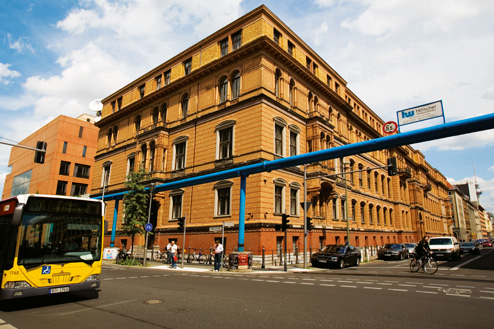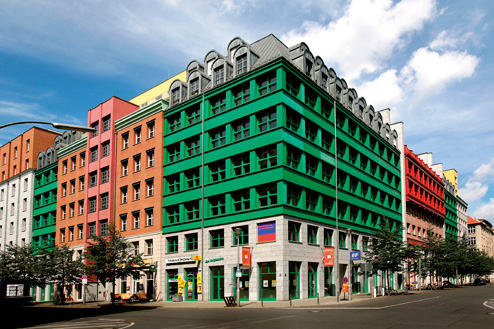Bank Accounts
While cash remains king in Berlin for buying everything from a pack of gum to a new car, a type of debit card known as an EC card is a serious contender for the throne. Credit cards are only accepted by large, national chains and it’s unlikely you’ll ever find a use for a chequebook. Most bank accounts provide you with an EC card, online banking, unlimited bank transfers for paying bills and even a credit card as long as your salary is regularly deposited in the account. You may even get interest on any balance you leave in the account. Some lenders still charge monthly fees of as much as €15 for a regular account, but why pay if you don’t have to? All you’ll need to open an account is your passport and the Meldeschein you received when you registered your address with the Einwohnermeldeamt. If you’re applying for an account that requires regular salary deposits, also bring along a recent payslip. Since Germans don’t use cheques, you’ll need to give your employer your bank’s name, your account number and your bank’s routing number, called a Bankleitzahl or BLZ, to have your salary deposited in your account.
Students can get the same accounts as working folk, but will need to provide proof of their studies. Savings accounts – for children, for example – can easily be added as a sub account to your main account.
Students can get the same accounts as working folk, but will need to provide proof of their studies. Savings accounts – for children, for example – can easily be added as a sub account to your main account.













